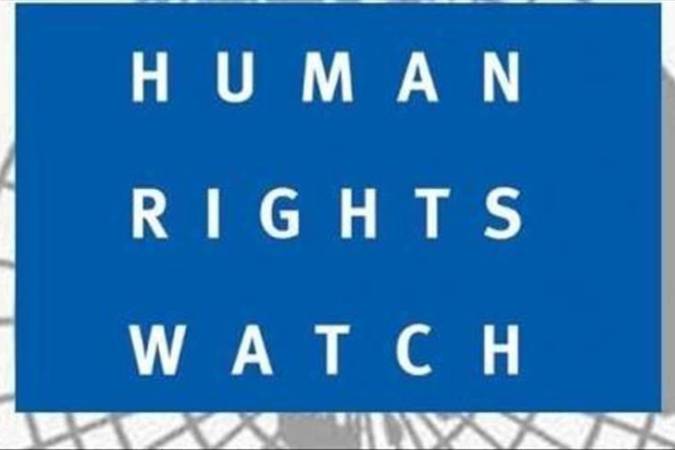Sri Lankan security agencies are stepping up surveillance, harassment, and threats against human rights activists and journalists, says Human Rights Watch (HRW).
In a news release ,the New York-based non-governmental rights organization claimed that there has been a rapid closing of civic space and freedom of expression in the country since November 2019, when President Gotabaya Rajapaksa assumed office.
Human Rights Watch states that it has received consistent accounts of increased surveillance and pressure from security agencies from interviews with 15 Sri Lankan human rights defenders working in different locations across the country.
The news release went on to say several of these accounts have claimed that intelligence officials had asked activists and victims of their advocacy plans ahead of the 43rd session of the United Nations Human Rights Council (UNHRC), which kicked off in Geneva on February 24.
“Since the return of the Rajapaksas to power, a state of fear is being re-established in Sri Lanka,” said Meenakshi Ganguly, South Asia director of the HRW.
“The activities of the government’s security apparatus are evident in some violent attacks and public death threats against activists and journalists, but also in equally dangerous actions happening out of sight”, she added.
The news release further said that President Rajapaksa has placed a number of important civilian agencies under the Defence Ministry, including the civilian police and the NGO Secretariat, which regulates nongovernmental groups, among dozens of others.
“He has appointed a serving military officer as head of the civilian intelligence agency and a retired general, Kamal Gunaratne, who is accused of war crimes and crimes against humanity, as defence secretary.”
The HRW alleges that, over the past three months, unidentified people have physically attacked journalists several times, and issued death threats against reporters perceived as critical of the government.
It says that the police and intelligence officers have made attempts to induce fear in rights groups by visiting their offices and demanding personal details including staff lists, home addresses.
(LI)

